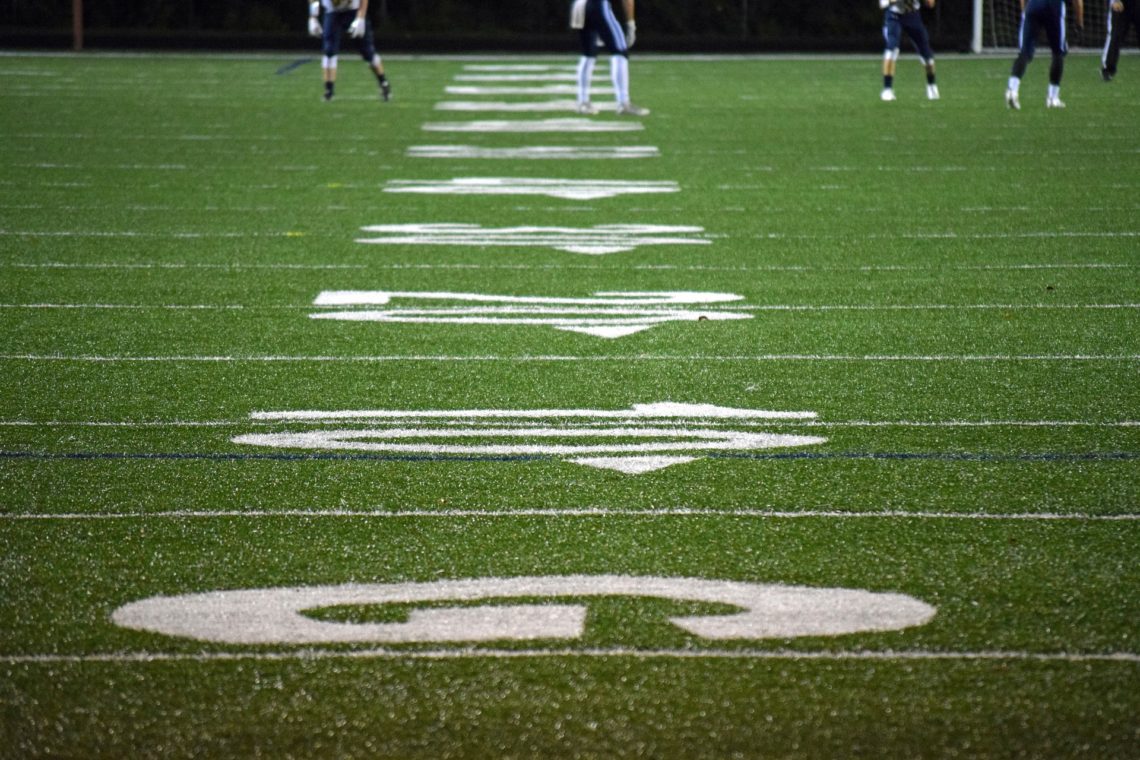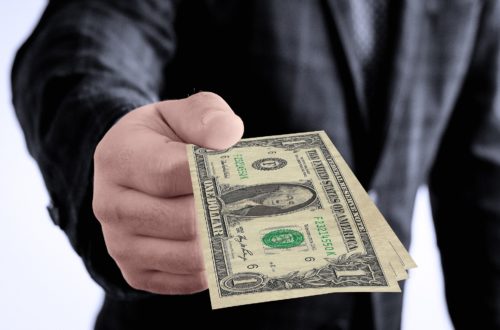By Lucille Berliant
The First Amendment reads, “Congress shall make no law respecting an establishment of religion, or prohibiting the free exercise thereof; or abridging the freedom of speech, or of the press; or the right of the people peaceably to assemble, and to petition the Government for a redress of grievances.” (2)
It’s not a simple sentence and, as a result, interpretations of it have varied over the centuries. New laws surrounding what defines free speech are continuously made, for example, a threat is not protected under free speech. (7) Does Colin Kapernick kneeling during a football to protest human rights count as free speech? (8) In a publicly funded space, it would. The Supreme Court has established that expression that meets the SLAPS standard (“serious literary, artistic, political, or social value”) is protected (Miller v. California). But this is only in public spaces and institutions. Because the NFL is a private institution, there is no guarantee of free expression. As Former Supreme Court Justice Oliver Wendell Holmes Jr put it, “someone may have a constitutional right to talk politics, but he has no constitutional right to be employed.”
All of that said, it’s a terrible practice for the NFL to crack down on the rights to expression of its players. It’s true that the NFL is not a government body. It neither makes nor enforces laws, but it is not an apolitical organization, it’s the opposite! For starters, taxpayers subsidize professional sports to the tune of $5 billion per year. (9) For example, in regards to stadiums and whatever else they want to do, the Raiders spent a gross amount of money on ramps to make sure traffic flow would be only beneficial for feeding the masses in the surrounding area into the stadium. (5)
Sports and politics have long been intertwined. Athletes like Muhammad Ali, John Carlos, Tommie Smith, Lebron James, and many other big names have all protested for social justice and equality during their games. The department of defense spends millions promoting the military during games, something the late Senator John McCain called, “paid patriotism.” This reflects a pro-military bias (and anyone suggesting otherwise needs to be reminded that the opposite message would clearly strike them as political). There is literally have a massive flag dragged across the field while military jets fly over at some games. This, whether people like it or not, is a political bias funded by the government. For a sport that is inherently political to deny the primary individual liberty—free speech—to players is the opposite of patriotism, it is propaganda.
Some people have objected to the act of kneeling as something harmful or disrespectful to soldiers. But this is a misunderstanding of both the history of the act and the intent of the U.S. military. The protest started by Colin Kaepernick in 2016 was to object to police brutality against black people. (8) He consulted with military personnel on the most respectful way to protest racial injustice and concluded that kneeling was the most respectful way to present his grievances. People who attend religious services regularly kneel to show respect, so it is easy to argue this is a fundamentally respectful way to say, “I am not going to stand up to show pride in a flag for a country that oppresses black people and people of color.” (8) In short, it’s a protest by the people, for the people. This is extremely patriotic, as many of his supporters argued.
Yet, the NFL did not see it this way. The league implemented a new policy stating that their goal was to change the “false perception among many that thousands of NFL players were unpatriotic.” (NFL commissioner, Roger Goodell) (6) They required players to either stand or wait in the locker room. This gives players a false choice and is illogical. The league agreed that the act itself was patriotic, and that people’s perception was false. So rather than addressing the public misconception, they limit the expressions and mobility of their players. Given the history of separate but equal in this nation, that was a racist policy implemented by the league.
It’s unpatriotic. If it was actually about the country and not money, they would have stood by the constitution and the First Amendment (2), which clearly protects peaceable acts of protest, but since they were losing money, they dressed up their greed in patriotic clothes. They received backlash from younger viewers. A poll done by McKinsey and Company showed that only 27% of millennials and 36% of Generation Z stayed committed fans to the sport. (1)
Just because a private institution can enforce rules depriving a person of their civil liberties, doesn’t mean they should. A peaceful protest is an act of patriotism, and kneeling during the anthem was never about the military. The excuse that it’s disrespectful to our soldiers is far from the truth. Soldiers go to war to protect our freedoms, not to limit them. The rules around kneeling to protest were driven by greed and racism. Politics and the government have always been a part of sports, and it’s only when people get uncomfortable with the viewpoint do they speak up. Kneeling during a football game is fine, and until people get over their own ignorance and greed, true patriotism will continue to be silenced.
Works Cited
- “We Are Wrong about Millennial Sports Fans.” McKinsey & Company, www.mckinsey.com/industries/technology-media-and-telecommunications/our-insights/we-are-wrong-about-millennial-sports-fans.
- “Constitute.” Constitute, www.constituteproject.org/constitution/United_States_of_America_1992.
- “FindLaw’s United States Supreme Court Case and Opinions.” Findlaw, caselaw.findlaw.com/us-supreme-court/413/15.html.
- “Government as Employer: Free Expression Generally.” Legal Information Institute, Legal Information Institute, www.law.cornell.edu/constitution-conan/amendment-1/government-as-employer-free-expression-generall
- Notte, Jason. “Your Tax Dollars At Play: How Stadium Tax Scams Pick Fans’ Pockets.” Forbes, Forbes Magazine, 17 Aug. 2018, www.forbes.com/sites/jasonnotte/2018/08/17/your-tax-dollars-at-play-how-stadium-tax-scams-pick-fans-pockets/#1e2b6bb96fb9.
- Person. “Roger Goodell’s Statement on National Anthem Policy.” NFL.com, National Football League, 23 May 2018, www.nfl.com/news/story/0ap3000000933962/article/roger-goodells-statement-on-national-anthem-policy.
- “Watts v. United States, 394 U.S. 705 (1969).” Justia Law, supreme.justia.com/cases/federal/us/394/705/.
- KofieYeboah. “A Timeline of Events since Colin Kaepernick’s National Anthem Protest.” The Undefeated, The Undefeated, 6 Sept. 2016, theundefeated.com/features/a-timeline-of-events-since-colin-kaepernicks-national-anthem-protest
- Long, Judith Grant. “Full Count.” Journal of Sports Economics, vol. 6, no. 2, 2005, pp. 119–143., doi:10.1177/1527002504264614.





